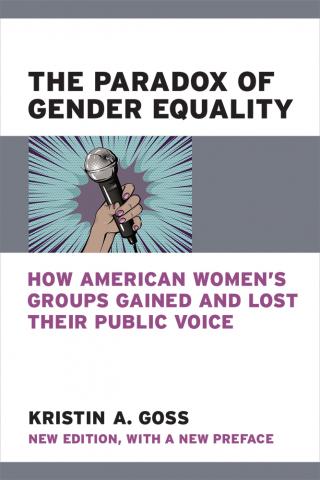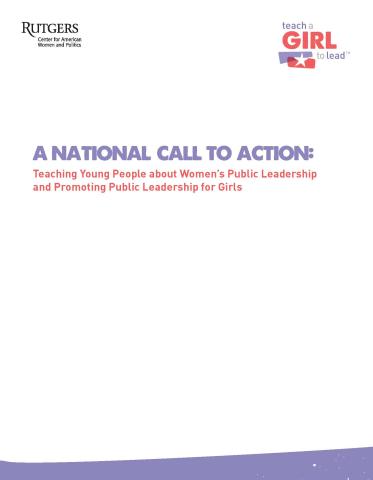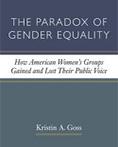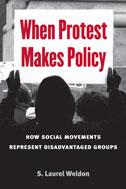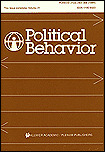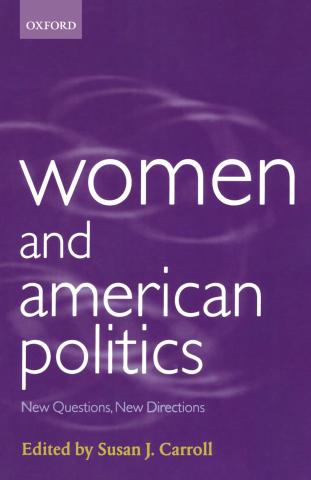The Paradox of Gender Equality: How American Women's Groups Gained and Lost Their Public Voice
(New edition, with a new preface)
by Kristin A. Goss, Duke University (2020)
University of Michigan Press, 2020, 264 pagesBookResearchCAWP Series in Gender and American PoliticsCivic and Political ActivismA National Call to Action: Teaching Young People About Women's Public Leadership and Promoting Public Leadership for Girls
by Jean Sinzdak and Kathy Kleeman
Center for American Women and Politics, Eagleton Institute of Politics, Rutgers, The State University of New Jersey
2015, 40 pagesReportResearchCivic and Political ActivismThe Paradox of Gender Equality: How American Women's Groups Gained and Lost Their Public Voice
by Kristin A. Goss, assistant professor of Public Policy and Political Science, Duke University
University of Michigan Press, 2012, 256 pagesBookResearchCAWP Series in Gender and American PoliticsCivic and Political ActivismWhen Protest Makes Policy: How Social Movements Represent Disadvantaged Groups
by S. Laurel Weldon, professor of Political Science, Purdue University
University of Michigan Press, 2011, 244 pagesBookResearchCAWP Series in Gender and American PoliticsCivic and Political ActivismGender and Civic Engagement: Secondary Analysis of Survey Data
by Krista Jenkins
Center for Information & Research on Civic Learning & Engagement, 2005, 14 pagesReportResearchCivic and Political ActivismGender-Related Political Knowledge and the Descriptive Representation of Women
by Kira Sanbonmatsu
Political Behavior, 2003 (December)ArticleResearchCAWP ScholarCivic and Political ActivismCandidates and CampaignsCongressAre US Women Legislators Accountable to Women? The Complementary Roles of Feminist Identity and Women’s Organizations
by Susan J. Carroll
2003, 14 pagesReportResearchCAWP ScholarCivic and Political ActivismImpact of Women Public OfficialsWomen and American Politics: New Questions, New Directions
Edited by Susan J. Carroll
Oxford University Press, 2003, 262 pagesBookResearchCAWP ScholarPolitical PartiesCivic and Political ActivismCandidates and CampaignsCandidate RecruitmentGender and Race/EthnicityWomen Voters and the Gender GapWomen and American Politics: A Research Agenda for the 21st Century
Center for American Women and Politics, Eagleton Institute of Politics, Rutgers, The State University of New Jersey, 1996, 29 pages
ReportResearchCandidate RecruitmentCandidates and CampaignsCivic and Political ActivismWomen Voters and the Gender GapWomen State Legislators, Women's Organizations, and the Representation of Women's Culture in the United States
by Susan J. Carroll
Book chapter in Women Transforming Politics: Worldwide Strategies for Empowerment, edited by Jill M. Bystydzienski (Bloomington: Indiana University Press, 1991)Book ChapterResearchCAWP ScholarCivic and Political ActivismState Legislature


